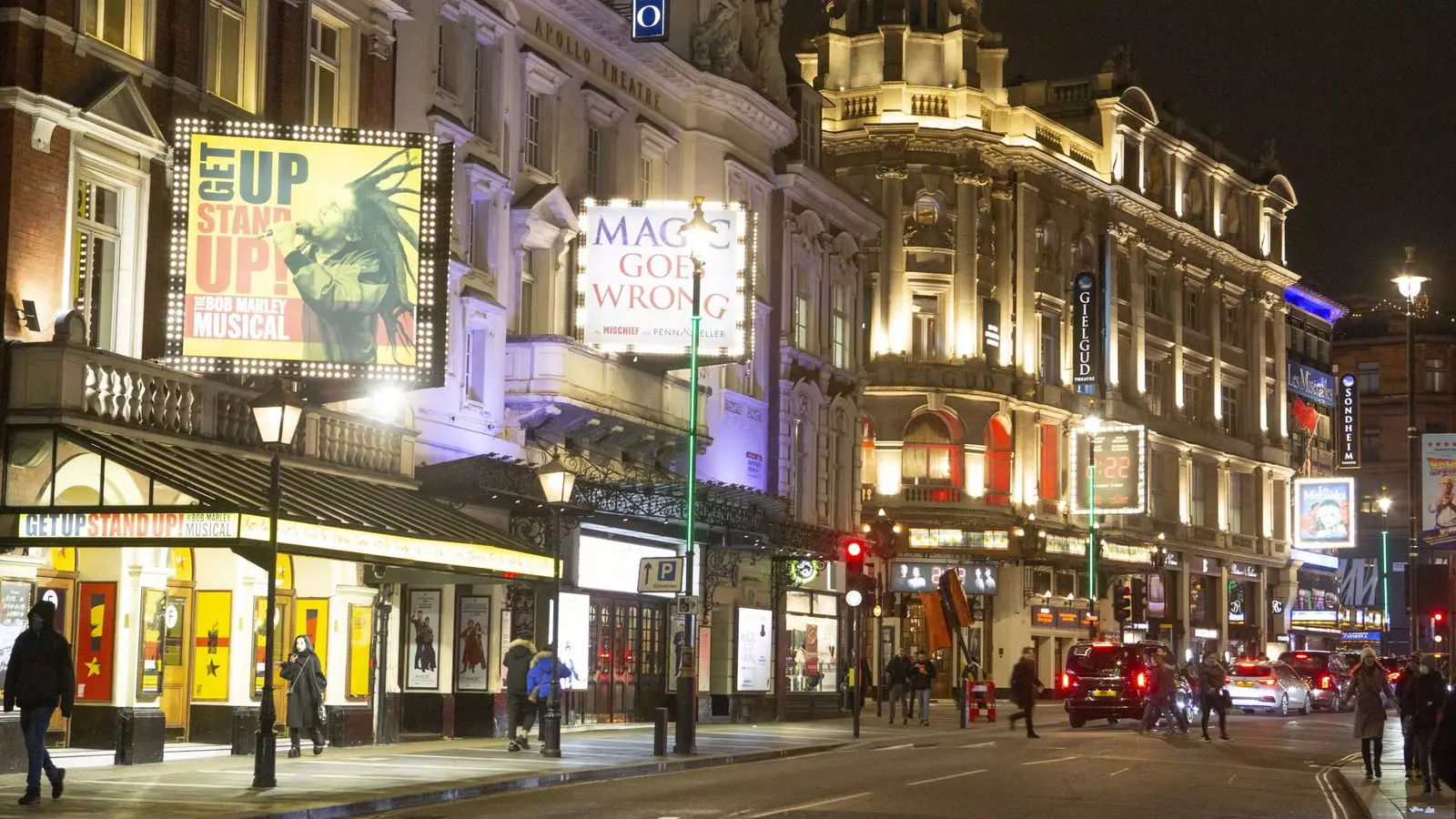The West End theatres in London have long been regarded as the pinnacle of theatrical experiences. However, front-of-house workers are now raising concerns about a disturbing trend of audience misbehavior. Incidents of assaults, abuse, and unruly conduct have become alarmingly common, leaving theatre employees and fellow audience members feeling vulnerable and unsafe. In this article, we delve into the accounts of these workers, explore the underlying causes of such behavior, and discuss the urgent need for measures to address this growing challenge.
Front-of-house workers, who have chosen to share their stories anonymously, recount a myriad of distressing incidents. Drunk audience members vomiting in the auditorium, finding used condoms in the stalls, and ambulances being called to treat individuals injured due to fights are just a few examples of the escalating problem. One brave theatre worker, fearing the consequences of speaking out, sheds light on the concerning prioritization of profits over safety by top management in some venues. He highlights the dramatic transformation of his beloved job from a passion to an intolerable ordeal since the outbreak of the COVID-19 pandemic.
Recounting a chilling incident, the worker reveals a situation where a friend of his, who stands at just 5ft 2in, was punched in the face by a man towering at 6ft 9in. The assault took place after the aggressor arrived late and refused to accept the need to wait for an appropriate moment to take his seat. Another personal encounter involved the worker being physically assaulted when trying to enforce the rules, with the latecomer verbally abusing him as he entered the theater. Despite security intervening and an apology being extracted, the worker expresses his dismay that such occurrences have become all too familiar in the West End.
Among the distressing anecdotes shared by theater workers, tales of intoxicated and disrespectful audience members stand out. Incidents are more prevalent during jukebox musicals that cater explicitly to stag and hen parties—these musicals actively advertise themselves as providing a raucous and lively night out. Unfortunately, this often attracts a crowd more interested in consuming alcohol than appreciating the performance. The urgency to conduct bag and ticket checks, usher guests to their seats, and contend with the demand for bar services exacerbates the pressure faced by front-of-house staff, resulting in additional instances of aggression and abuse towards them.
Music composer Stephen Schwartz, with decades of experience in the theatre industry, sheds light on another prevalent issue – mobile phone usage. He expresses exasperation with how people remain engrossed in their phones during performances, highlighting the need for audience members to be considerate and refrain from disrupting others’ experiences. A recent survey conducted by theatre union BECTU echoes this sentiment, with 90% of the 15,000 theatre staff respondents regularly witnessing bad behavior. Disturbingly, half of them admitted to contemplating leaving their jobs as a result of such incidents.
Philippa Childs, the Head of BECTU, emphasizes the urgency of addressing this mounting problem. While she acknowledges the financial pressure on theatres to compensate for the losses incurred during COVID-19 lockdowns, she urges them not to encourage intoxicated arrival. Instead, measures must be taken to ensure the safety and protection of theater staff. The survey results revealed shocking stories of threatened violence, creating an urgent need for theatres to prioritize implementing safeguards and protocols.
The issue of audience misbehavior in West End theatres demands immediate attention. The safety and well-being of both theater employees and innocent audience members should never be compromised. By raising awareness, adopting stricter regulations, and implementing adequate security measures, the West End can reclaim its reputation as a haven of artistic appreciation while fostering an environment that nurtures respect, civility, and a love for the performing arts. Only then can we ensure that every theatergoer’s experience remains truly magical.

Leave a Reply